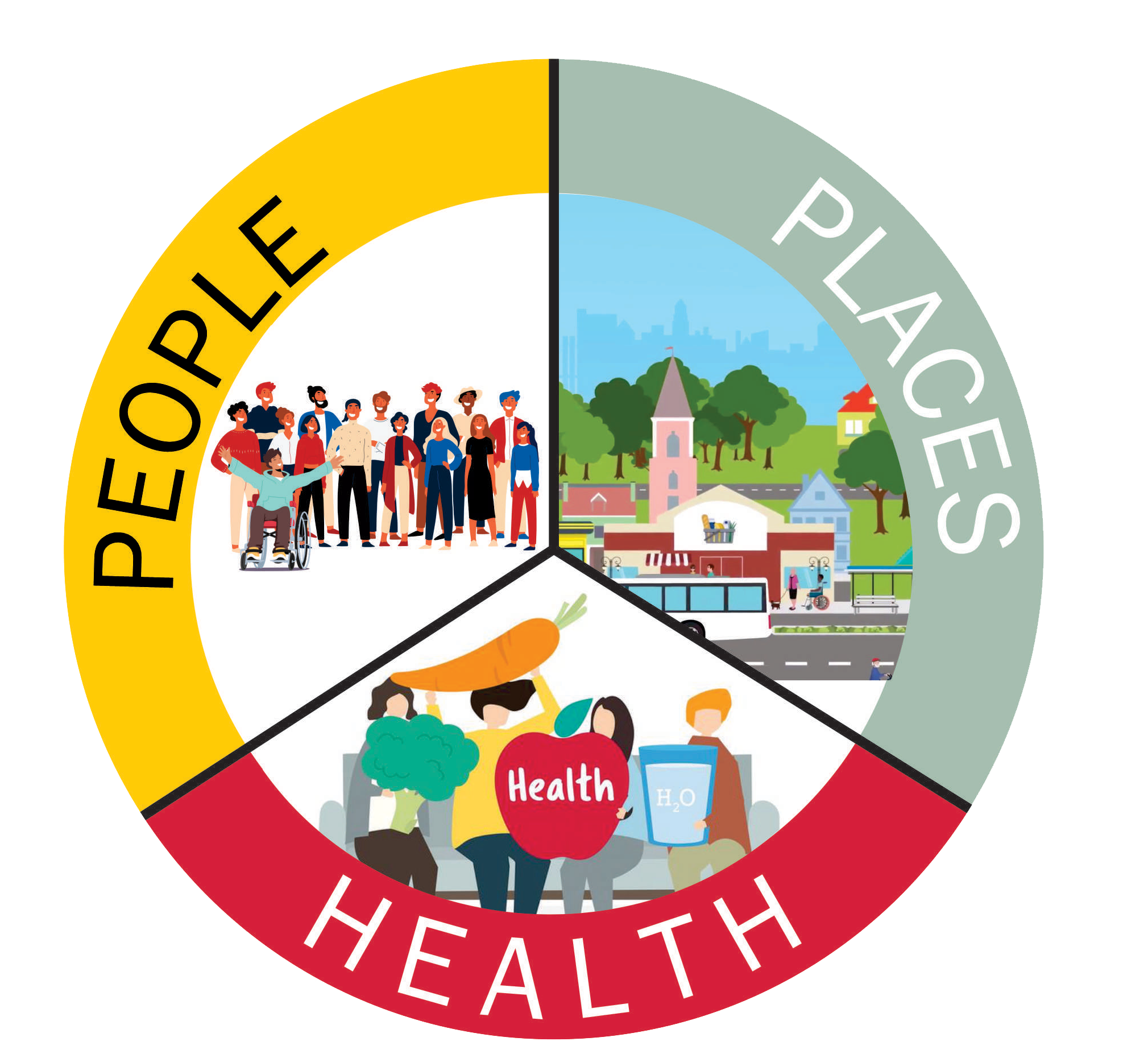GGR265: (UNDER)DEVELOPMENT AND HEALTH IN SUB-SAHARAN AFRICA
Sub-Saharan Africa (SSA) is one of the most diverse and intriguing regions in the world. In this course students will be introduced to contemporary development and health issues by examining historical experiences, social, political, economic and environmental processes. This approach will help highlight complexities and vast diversity of the sub-continent and address some of the many questions about the region including: What processes underlie famine and food insecurity? What are the underlying causes of conflict and genocide in some regions? What processes explain spatial disparities in health, or regional and gender differences in HIV rates and the outbreak of rare diseases like Ebola? The course will rely on case studies to provide an understanding of the complexity in each topic.
GGR 277: SOCIAL RESEARCH METHODS
This course introduces students to the key approaches that qualitative researchers use to answer important questions and solve complex problems relating to the social world. It addresses the philosophies, theories, and methods associated with qualitative social research in geography. Specific methods and issues likely to be covered include: archival research, surveys, interviews, focus groups, ethnography, participatory research, ethics, as well as data analysis and interpretation. Throughout the course students will work through the process of designing their own research proposals, collecting and interpreting data, and reporting their results
GGR353H5: GEOGRAPHY OF DISEASES AND DEATH
This course will provide a geographical perspective on patterns of mortality, morbidity and access to health care among populations. It will outline current theoretical and empirical underpinnings in health geography and emphasize the links between health and place. The course covers some traditional themes in health geography including spatial diffusion of diseases and access to health care. Using illustrations from evolving fields such as Global Health, Aboriginal Health, and Immigrant Health the course delves into the important theme of health inequalities. Health system planning is also discussed.
JPG 1814H – Cities and migrants
Globalization processes and changes in immigration laws in recent decades have contributed to an upsurge in cross-border movement of people and ushered in sequential waves of immigration from various regions of the world to Canada and the United States. In other regions of the world, evolving dynamics surrounding political instability, economic and environmental conditions are contributing to increasing cross-border movement of people. Cities and their adjourning metropolitan areas tend to be the biggest beneficiaries of these changing dynamics; where migrants are important contributors to economic growth and social reinvigoration — even in contexts where they are confronted with socio-political obstacles of discrimination and legal recognition. This course examines the dynamics and changing patterns of immigrant integration in cities and urban locations. Topics of focus include theories of immigrant integration, socio-spatial patterns of immigrant settlements in cities, labour market participation, socio-cultural identity formation and transnational engagements. The course will rely on contemporary examples and case studies to provide a thorough understanding of how immigrants are shaping dynamics within cities.
